Designers of the hottest 90s brands assemble at Liberty Fairs & Agenda Shows, Las Vegas
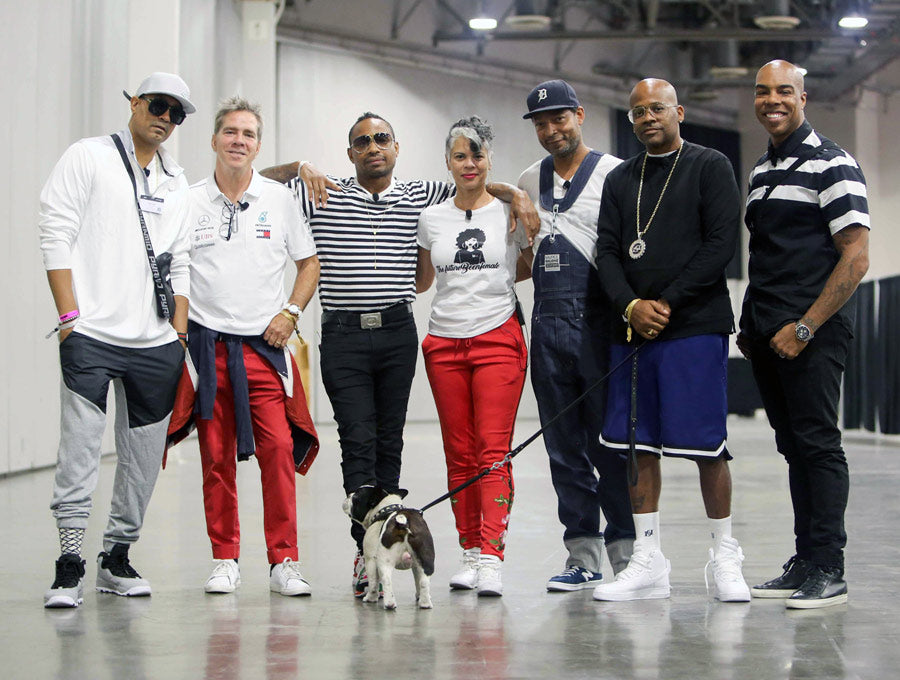
For those who attended the Assembly panel discussion presented by Liberty Fairs and the Agenda Show in Las Vegas on August 16, 2018, it marked a momentous day for urban fashion, African-American fashion designers, and enthusiasts of 90s hip-hop culture. This event, a gathering of pioneers and legends, not only celebrated the roots of streetwear but also provided invaluable insights for emerging entrepreneurs in the fashion industry.
The panel, aptly titled "Back to the 90s," featured an iconic lineup: Peter Paul Scott, Maurice Malone, Karl Kani, Damon Dash, April Walker, Andy Hilfiger, with Chris Denson expertly moderating. Their collective wisdom offered a treasure trove of advice.
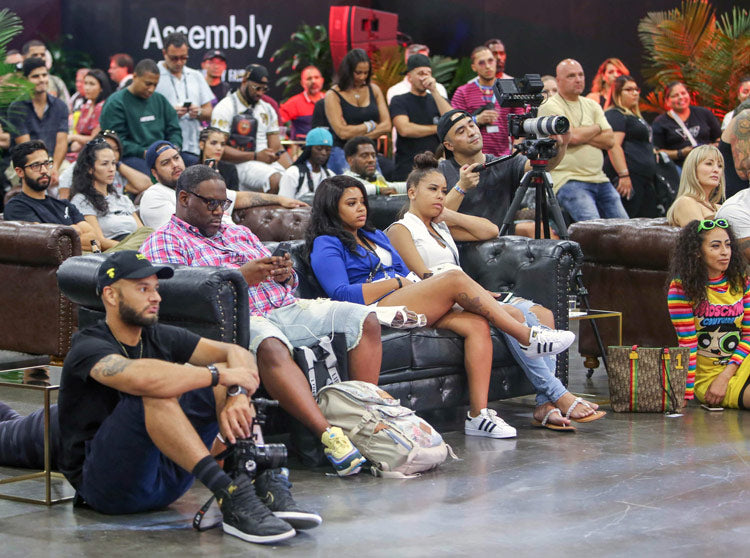
Chris set the stage by reminding everyone of the recent 45th anniversary of hip-hop's birth. He kicked off the panel by asking each participant a poignant question: "What was the first fashion brand in hip-hop that captured your heart?" April Walker was quick to respond, paying homage to Mr. Willi Smith, one of the pioneering black designers known for his success in mass-market sportswear. It was a name resonating with me, who recalled seeing my own creations displayed alongside WilliWear and Polo by Ralph Lauren at Hudson's department store in Detroit.
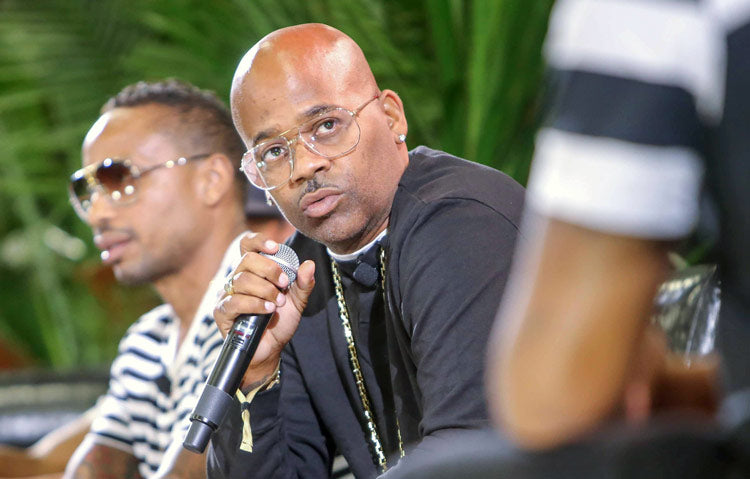
Damon Dash playfully ribbed Andy Hilfiger for his mention of Coca-Cola clothing, attributing it to his brother Tommy Hilfiger's involvement in Heavy-D's 80s video. Damon argued that "Murjani," the purported maker of the brand, didn't truly represent urban or hip-hop fashion. Dash, whose fashion journey was catalyzed by Rocawear, credited Russell Simmons, the brains behind Def Jam and Phat Farm, as his inspiration. He emulated Russell's path, leading to the creation of Rocawear.
Karl Kani, a streetwear icon, reminisced about the Guess jeans he cherished in his youth, which sparked the inspiration for his own brand. He emphasized the importance of fit in his journey.
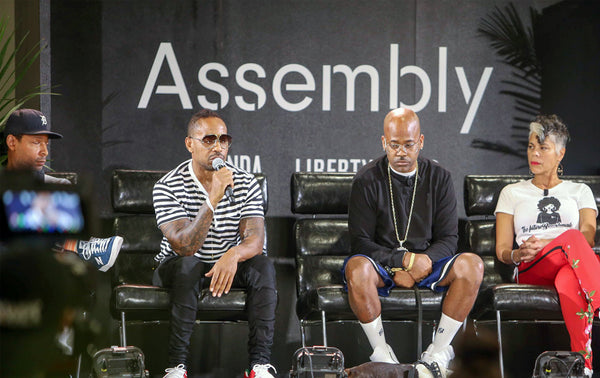
My answer, considering the absence of specific "Hip-Hop" brands during my early days, revealed that two fashion designers had shaped his direction: Patrick Kelly, one of the most celebrated African American high-fashion designers, and Jean Paul Gaultier, the French haute couture and prêt-à-porter genius known for his meticulous attention to detail, style, and marketing.
Peter Paul, who collaborated with Andy and Tommy Hilfiger, echoed Andy's choice of the Coke-Cola clothing brand. He added United Colors of Benetton, and Converse to the list of brands that inspired him as a dancer.
Chris posed an insightful question to April Walker, the queen of urban fashion: "What does heritage mean to you, and what did it mean in the '90s?" April's response resonated deeply, as she explained that her journey began out of pure love and eventually evolved into a business. She emphasized the concept of legacy, a testament to her enduring commitment to building a brand that stood the test of time.
I pondered the notion of heritage in fashion, realizing that the era of the '90s, with its groundbreaking urban, hip-hop, and streetwear-inspired brands, had become today's heritage. These brands, ranging from Supreme, Off-White, and Balenciaga to Gucci, Fear of God, and Yeezy, have inherited the mantle of cultural significance.
In contrast to Andy's perspective on rapid brand growth through social media, Damon Dash emphasized the importance of sustainable brand building—having a unique perspective and nurturing it over time—as a key to long-term success.
This historic panel discussion in Las Vegas brought together not only luminaries from the past but also served as a guiding light for the future of fashion. It celebrated the roots, recognized the struggles, and imparted invaluable insights that continue to shape the industry today.



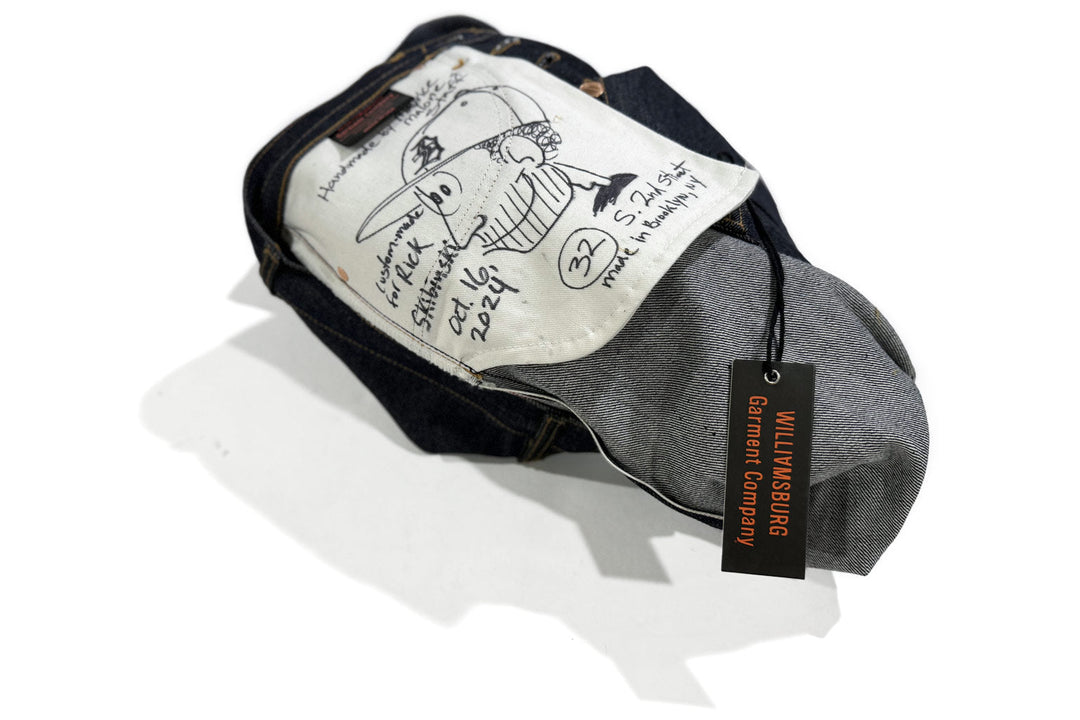
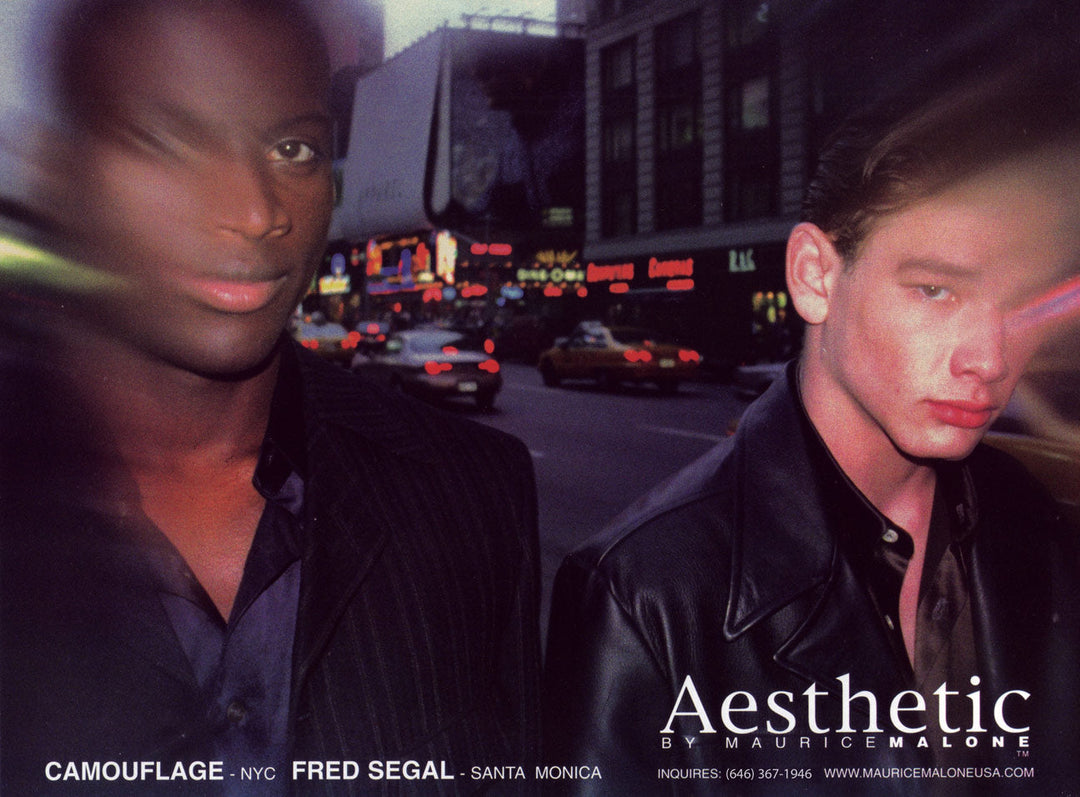
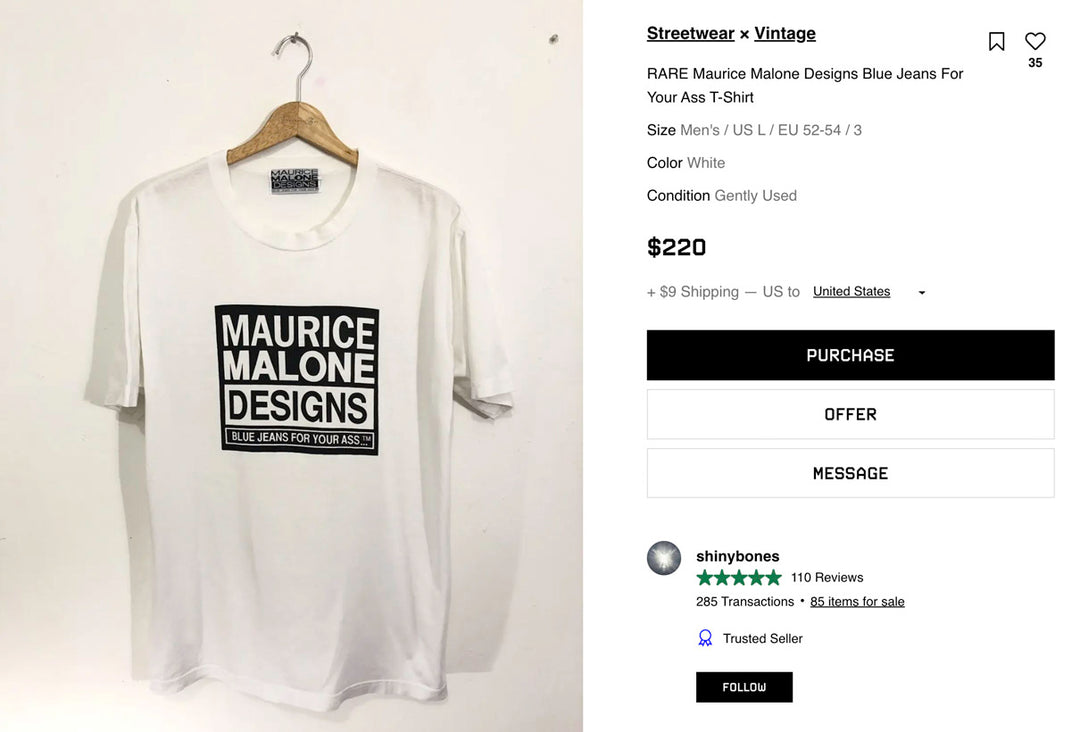
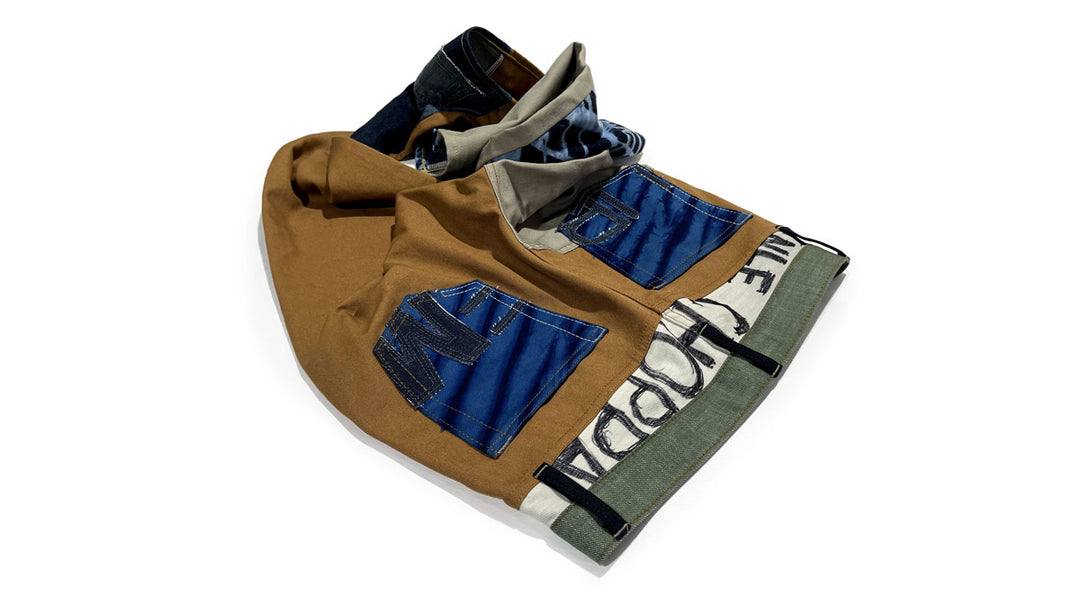
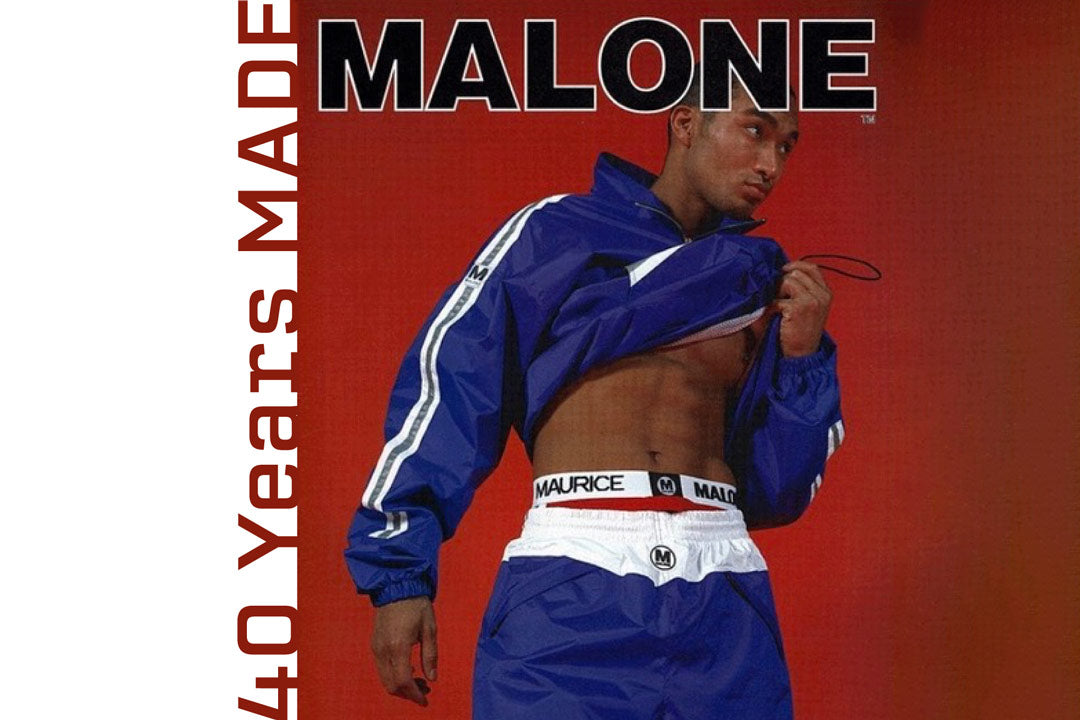
Leave a comment